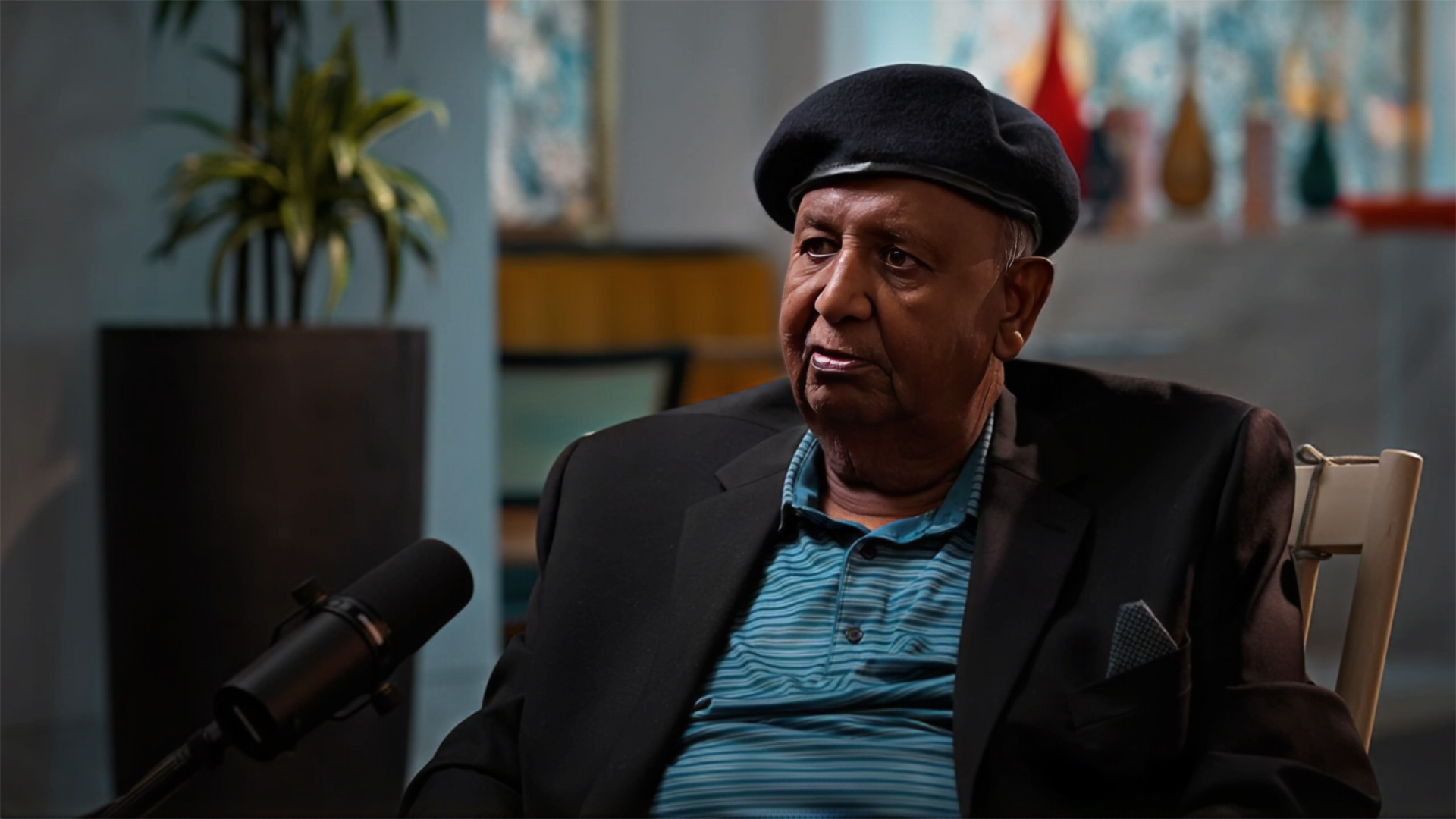play videoplay video
Video duration: 29 minutes 30 seconds 29:30
The most prominent Sudanese intelligence officer, Al-Fatih Urwa, told Al Jazeera that Sudanese intelligence played a prominent role in the attempt to assassinate the late Libyan leader Muammar Gaddafi in the Bab al-Aziziya area in the capital, Tripoli, in 1984, in response to the colonel’s “conspiracies” against Sudan.
Orwa spoke to the “African Stories” podcast on Al Jazeera’s “Atheer” platform, and in addition to the details of Gaddafi’s assassination, he touched in his lengthy talk (more than 5 hours) on important issues that had a very important impact on the Sudanese political scene, such as the presence of Osama bin Laden in Sudan. The deportation of Falash Jews to Israel, the revolution in Ethiopia and Eritrea, the attempted assassination of Egyptian President Hosni Mubarak in Addis Ababa in 1995, and other issues related to developments in Sudan.
Al-Fateh Urwa revealed that during the rule of former Sudanese President Jaafar al-Nimeiry (1969-1985), he traveled to Moscow as a representative of the Sudanese intelligence service to work on recruiting Libyan officers who were training in the Soviet Union (formerly) for the benefit of Sudanese intelligence, “after we noticed the Libyan threats against Sudan.”
Orwa said that Gaddafi began to transfer his subversive activities to Sudan via Ethiopia, by sending weapons and explosives to Sudan.
Pointing out that as an intelligence officer following the file of the Libyan regime and its movements in Sudan, he thwarted most of the arms transfers into Sudan, and he was also able to infiltrate all groups working for the Libyan intelligence in Ethiopia.
Saving Libya
Orwa admitted that he was responsible for the file of the “Opposition Libyan Salvation Front,” which attempted to assassinate Gaddafi in the famous Bab al-Aziziya incident in 1984, and said, “I was the one who supervised the training of the group that carried out the operation.”
He stressed that the largest intelligence operation he sponsored and carried out against Libya was planting a group of officers on the basis that they were Sudanese opponents seeking to overthrow the rule of President Jaafar al-Numeiri, noting that the Libyans took the “bait” and supported the group with a full ship of weapons, and the members of the group received a personal reception from Gaddafi. While these were only members of Sudanese intelligence.
Orwa explained that the Gaddafi regime, after the fall of the Numeiri regime in a popular uprising in 1985, sought to recruit him with the aim of eliminating what he called “stray dogs,” meaning the Libyan opponents seeking to overthrow Gaddafi.
Orwa confirmed that he refused more than once to cooperate with the Gaddafi regime, and even refused to visit Tripoli for fear of his life, while the Libyans saw in him an American agent that President Al-Bashir must get rid of.
Orwa narrated that Gaddafi sought to move the headquarters of the African Union from Addis Ababa to Libya and install himself as king of a unified Africa, “and for that he paid a lot of money to some African countries to demand this,” but his efforts failed completely at the hands of the late Ethiopian Prime Minister Meles Zenawi.
Source: Al Jazeera

